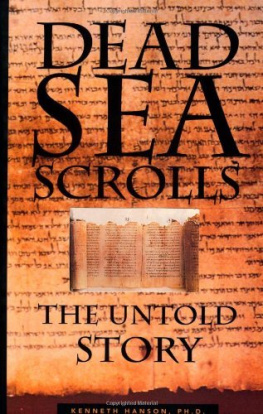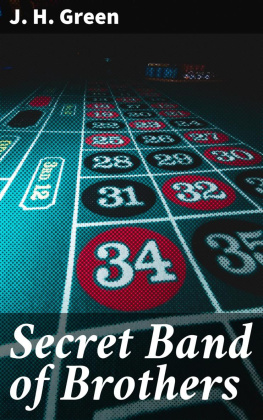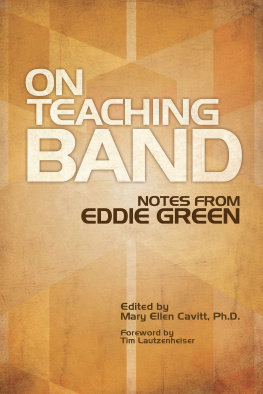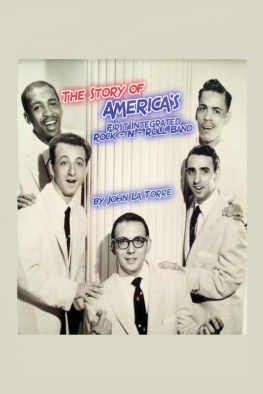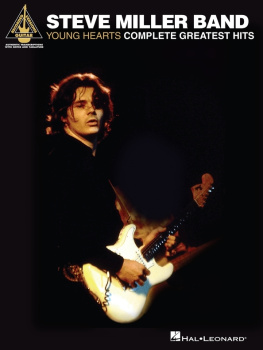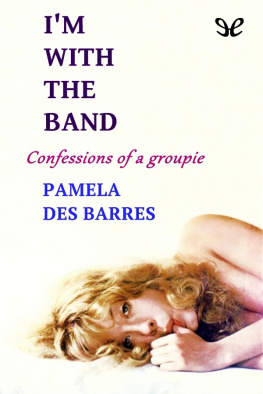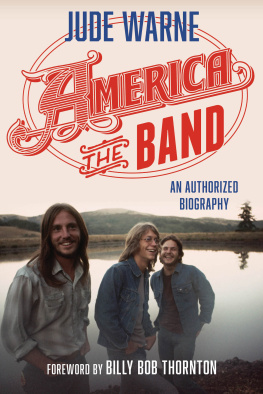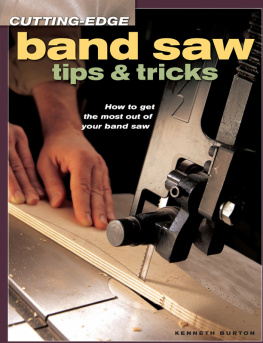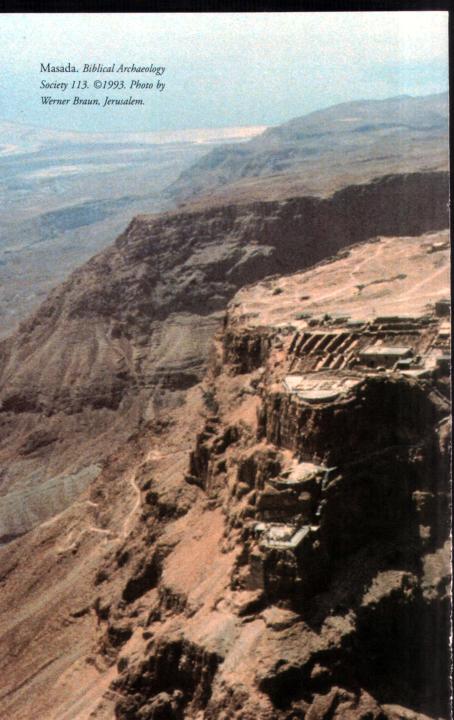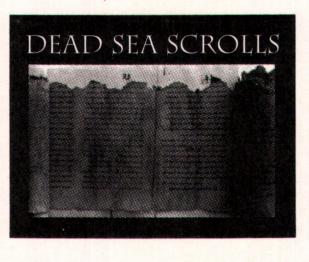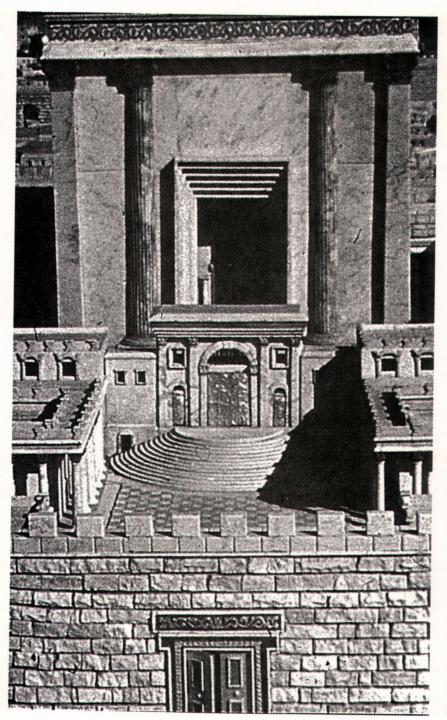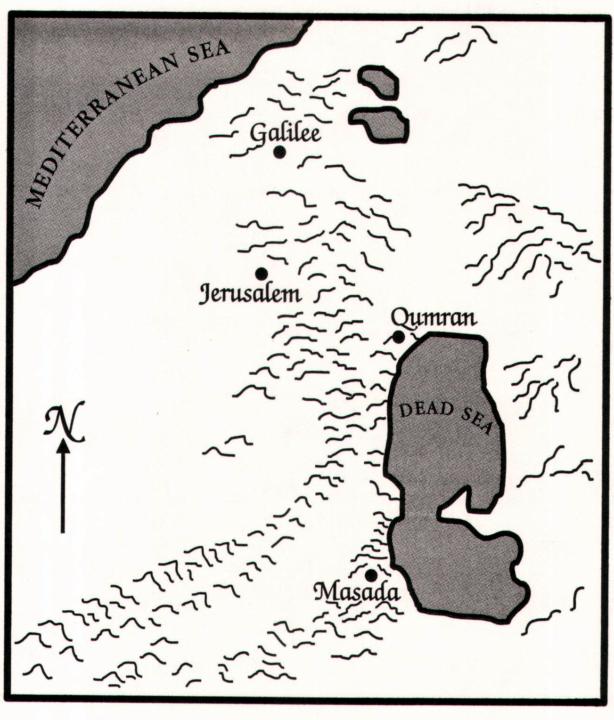B E. E o W : Overview of the ruins at Qumran.
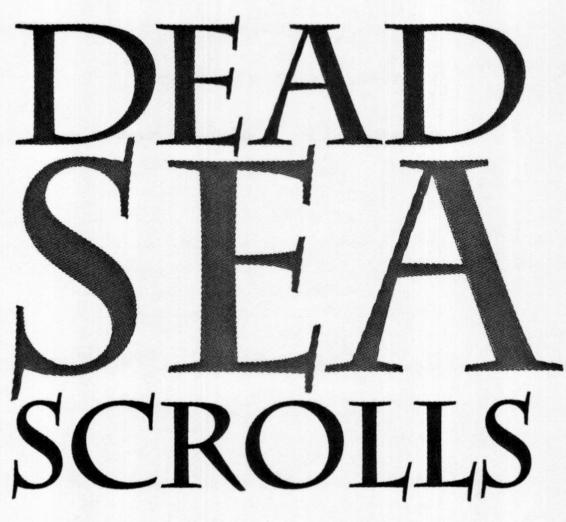

KENNETH HANSON,PH.D.







To my parents
Seek not out the things that are too hard for thee ...
THE TALMUD
Find thyself a teacher...
THE MISHNAH
Everyone who aspires to be a scholar and/or a writer needs a mentor. I have been fortunate enough to have had several, whom I want to acknowledge. They include: Dan Cohen, whose careful scrutiny of my manuscript and encouragement to write has made a qualitative difference in my literary output; Harold Liebowitz, whose direction of my dissertation research enabled me to first put into writing my thoughts on the manuscript finds of the Judean wilderness; Isaiah Gafni, whose zeal as my professor when I lived and studied on Mt. Zion, Jerusalem became my light guiding light in the pursuit of the world of the Sages.
To this honor roll I append my parents, Ernest and Naomi, whose cheerful vitality has done more to uplift me than I might possibly express. Add to this two devoted sons, Jonathan and Pieter, who have become young "Hebrew scholars" in their own right. For them I have written history for what it certainly is - a story.
Long ago, in a wilderness far away ...
Kenneth L. Hanson
December 1996
I N T R O D U C T I O N
What Do the Dead Sea Scrolls Contain?
The Archaeologists Dig On: More Recent Excavations
I E the impressive rotunda of the Shrine of the Book, the annex of Jerusalem's Israel Museum, built especially to house the most important archaeological find of the twentieth century - the Dead Sea Scrolls. As I walked toward the center, my eyes were drawn to the dome, which shot up above me, shaped like the cover of an earthenware jar, sculpted in concrete. In the exact center of the massive, domecovered room was a great circular case, and around its inner rim, a tattered brown parchment was fully unrolled. A sign in English told me that I was looking at the complete scroll of the book of the prophet Isaiah, written by the hand of an ancient Jewish scribe, more than two thousand years ago.
I was a student of ancient Near East history and the Hebrew language, and had just completed my first three months of study in an intensive language course, subsidized by the State of Israel for new immigrants into the country. My knowledge of Hebrew at the time was limited, yet practical, because Israel doesn't waste any time in getting its immigrants into daily life in the modern Jewish state. I wasn't an immigrant myself, but I was lucky enough to be able to study with many Iranian and Soviet Jews who had made their way to Israel out of conditions of great oppression. This was my day to test how much I'd learned in my first three months, studying Hebrew for five hours a day, five days a week. I approached the enormous scroll, staring intently at the ancient letters. For a while I was bewildered; but suddenly, my eyes were pierced by a passage I knew well. As if propelled by some unknown power, the words from the scroll lifted themselves from the leather and penetrated my heart and soul:

I was reading the Dead Sea Scrolls - in a language that was spoken and written long before my native English even existed. The feeling was unlike any other that I'd ever had; I was instantly in touch with the mysteries of the distant past. The year was 1978. A spark ignited in me that day that would grow to consume me and to become the driving passion in my life - researching the Dead Sea Scrolls.
Since then, I've discovered that a good many modern Israelis have similar experiences of an almost mystical impact when encountering the Dead Sea Scrolls for the first time. I've heard of Israeli adults standing next to their little Israeli children, who are just learning to read - as they now sound out in Hebrew the words of the prophets of old. The sense of continuity is beyond expression ... a brand new generation, connected across the centuries of oppression and suffering and Holocaust with the Jews of this distant epoch. Surely, this people is eternal!
As for me, I went on to study at the Hebrew University of Jerusalem, passing their highest level of Hebrew language instruction. I then turned to pursuing a doctoral degree in Hebrew Studies at the University of Texas - focusing on (of course) the Dead Sea Scrolls. Today, I continue to be in the forefront of researching the scrolls, participating in conferences on the subject and teaching university courses on the historical background of the period. Even my children are fluent in the Hebrew language, and "fans" of Scroll research.

